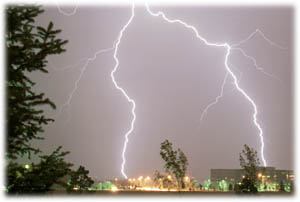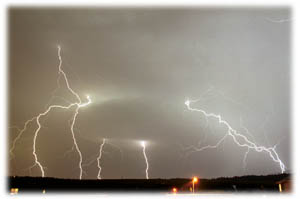


| Personal | Professional | Christian Stuff | Photographs | Miscellaneous | Blog |
Admin |

|

|

|
|||||||||
|
|||||||||||
The present tense be used to indicate that an action is completed at the moment of speaking. This occurs only in the indicative.
The present tense may be used to describe a scene is progress, especially in narrative literature.
The present tense may be used to describe an action that, begun in the past, continues in the present. The emphasis is on the present time.
The present tense may be used to describe an event that repeatedly happens.
The customary present is used to signal either (1) an action that _regularly occurs_ or (2) an ongoing state. The action is usually iterative, or repeated, but not without interruption.
The present tense may be used to make a statement of a general, timeless fact. "It does not say that something is happening, but that something does happen" (Williams, 27). The action or state continues without time limits.
The present tense may be used fairly frequently in narrative literature to portray a past event vividly, as though the reader were in the midst of the scene as it unfolds. [The category is frequently misunderstood; see Wallace for his discussions of exegetically significant examples.]
The present tense may be used to describe a future event, though it typically adds the connotations of immediacy and certainty. Most instances involve verbs whose lexical meaning involves anticipations.
Generally speaking, the tense of the Greek verb in indirect discourse is retained from the direct discourse. This category is frequently confused with the historical present with dire exegetical consequences; see Wallace.
|